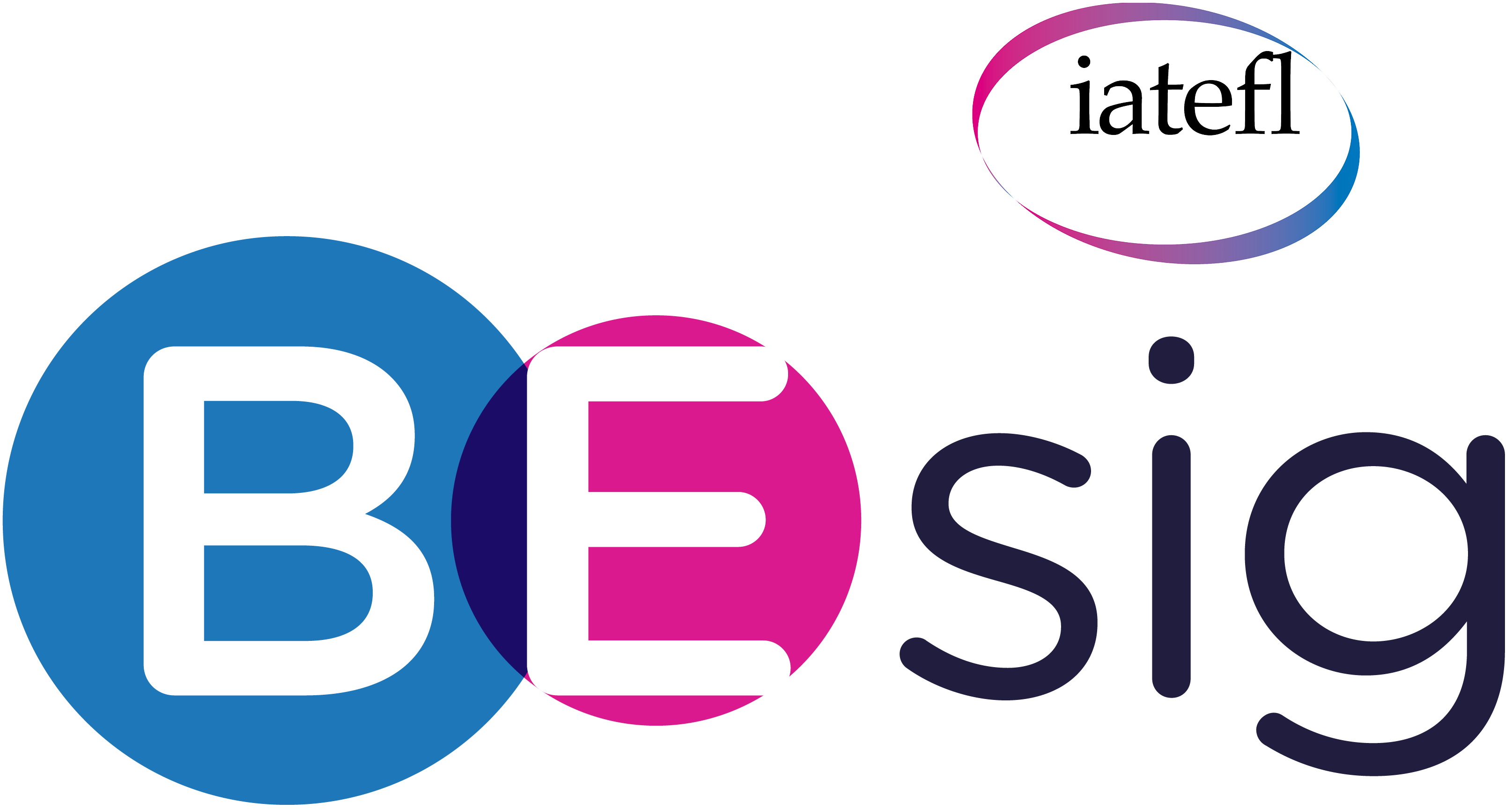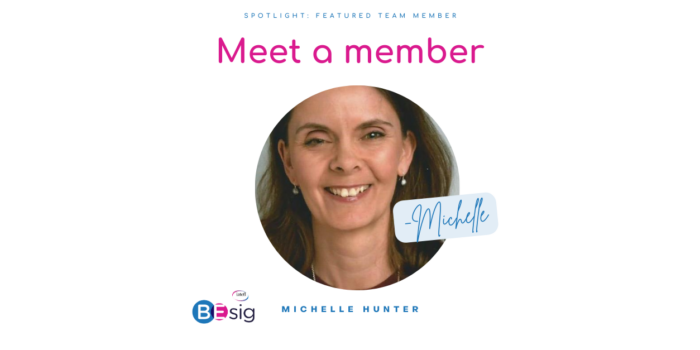
Philip Saxon
For this week’s interview, we return to Hungary to meet another IATEFL BESIG member. Philip Saxon shares his experience and thoughts from his perspective as a university teacher and proofreader. After joining IATEFL BESIG in 2020, Philip explains his motivation for joining our great association, also how being a proofreader can help teaching writing as well as how teaching EAP complements teaching business English.
Bio: During term time, Philip teaches at Corvinus University of Budapest and the Budapest Business School. He also teaches EAP at UK university summer schools.
Currently, he is leading and teaching on an EAP course for first year students at Corvinus University. He is also in demand as a proofreader. https://www.linkedin.com/in/psaxon/.
How long have you been a member of IATEFL BESIG and what motivated you to join?
I actually joined in 2020! Before that, I was a regular member of IATEFL-Hungary and knew a number of IATEFL BESIG members due either to that or else to online networking. However, I decided that I really wanted to join IATEFL BESIG and attend the 2020 online conference for the sake of the CPD benefits. Since then, I have not looked back! The conference was amazing!
You regularly teach pre-service students. What are the challenges and rewards?
Broadly, I would say that I love teaching this age group. The students are usually quite open-minded, and if you achieve a good rapport, great things are possible. Motivation may occasionally be a challenge, but generally this only affects individuals and not whole classes. All in all, I believe I am in the right job!
How helpful/necessary is it to have a previous business background when teaching pre-service students?
I worked in the IT industry for nine years before coming to Hungary and starting out afresh as an English language teacher. I tend to think a business background is an advantage to any would-be business English teacher, particularly if you find yourself teaching in-service learners. However, in the longer run I think focusing on your learners’ needs and being able to reflect are more helpful. I also think it is advisable to read plenty about business.
How has learning other languages like Hungarian impacted your teaching approach?
I would not say I have mastered Hungarian, but I can usually “get by”. It is quite a challenging language to learn properly: it requires focus. If learning it has influenced my teaching approach, it is mainly that I have gained an appreciation of how L2 interference often lies behind the so-called “Hunglish” phenomenon.
You also work as an editor and proofreader. What skills would you say are common to both teaching English and editing/proofreading, and what parts of teaching have helped you while editing/proofreading?
There is something of an overlap, somewhere around C1 level. If you are proofreading an academic text, you are very probably paying close attention to not just accuracy but also the reader experience. Hence, you may find yourself imparting advice on register, style and choice of words. Teaching can make you more confident about doing this. You may also need to query parts of the text you cannot easily understand.
How do business English and EAP complement each other?
In a number of ways. For example, both tend to involve communicative language teaching. EAP is more content- and writing-focused, but I have found that the boundaries between the two disciplines are often porous. For example, I recently found that a constructivist method I learnt while teaching EAP in the UK is transferable (with “tweaks”) to the business English classroom. Having a breadth of experience gives you creative options.
What changes have you seen in the business English teaching context in Hungary over the last 10 years?
Not everything has changed for the better, but I think it is great that IATEFL-Hungary is still going strong and that it has its own BESIG which regularly organises CPD events at “Creative Café” sessions. In sectoral terms, higher education seems to be the place to be for teachers like me. However, privatisation is in the air and it may prove a challenge for some.
Questions by Mandy Welfare
Editing by Mandy Welfare and Christopher Chandler
26th of February 2021
MEET A MEMBER is available to IATEFL BESIG members and non-members alike but only features our current members. Another reason to join us and “BE with BESIG.”



